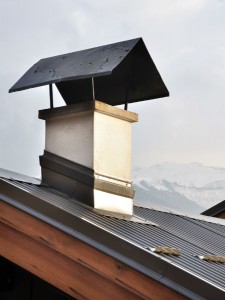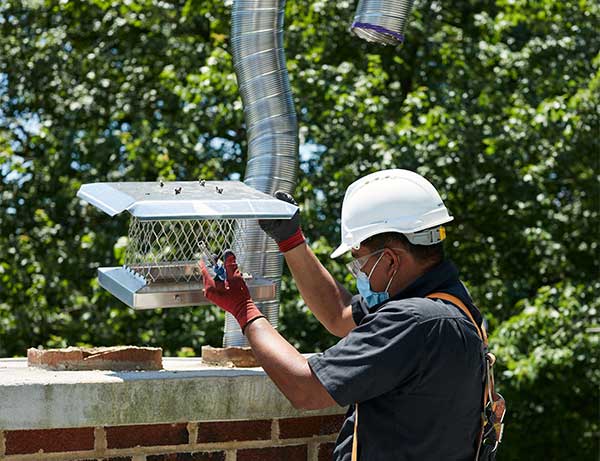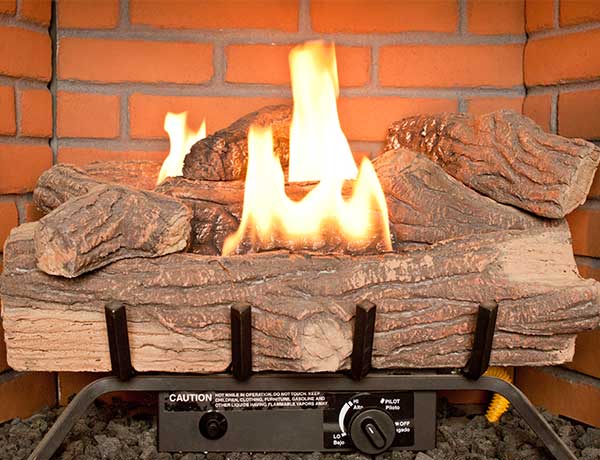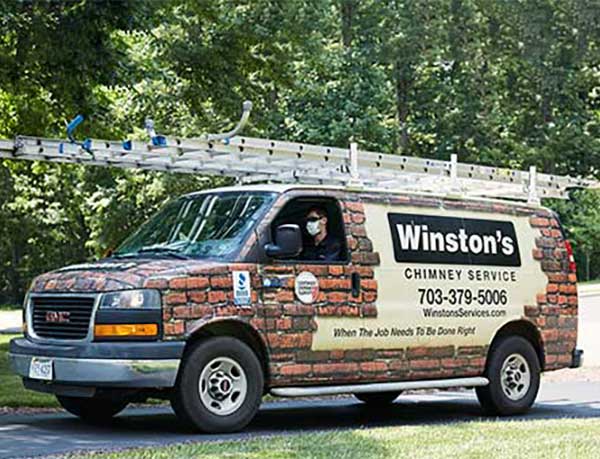 If you have noticed unpleasant odors in your home this summer but cannot find the source of the smell, you might want to check your fireplace and chimney. The heat and humidity we often experience here in our service area of Maryland, Northern Virginia, and Washington, D.C. every summer can worsen stinky chimney issues. To really solve this problem, Winston’s Chimney Service will diagnose the cause of the bad smells in your chimney. When we know what is creating the stinky odors, we can best take care of the problem to make your home smell nice once again. So that you can better understand why your chimney could be so stinky that it affects the living areas inside your home, we would like to tell you more about the causes of unpleasant odors in your chimney.
If you have noticed unpleasant odors in your home this summer but cannot find the source of the smell, you might want to check your fireplace and chimney. The heat and humidity we often experience here in our service area of Maryland, Northern Virginia, and Washington, D.C. every summer can worsen stinky chimney issues. To really solve this problem, Winston’s Chimney Service will diagnose the cause of the bad smells in your chimney. When we know what is creating the stinky odors, we can best take care of the problem to make your home smell nice once again. So that you can better understand why your chimney could be so stinky that it affects the living areas inside your home, we would like to tell you more about the causes of unpleasant odors in your chimney.
CREOSOTE
The most common cause of stinky chimneys is creosote, a compound that forms naturally during the combustion and condensation processes of wood burning, as stated by the industry expert, the Chimney Safety Institute of America (CSIA). Creosote consists of amorphous carbon and sticks to the interior walls of your chimney to create large buildups. If you do not schedule a professional chimney sweeping every year to have these creosote deposits removed, they can accumulate to a hazardous amount. Not only dangerous as they can easily be ignited to start a chimney fire, but large amounts of creosote also smell badly. With its strong, sour, and acrid odor, creosote has a scent that gets worse in the summer due to heat and humidity. The CSIA-certified chimney sweeps at Winston’s Chimney Service will solve this odor problem by thoroughly cleaning your chimney to remove the source of this strong smell.
WATER LEAKS AND ANIMAL INVASIONS
Is the odor musty? If so, water leaks in your chimney may be the source of your chimney odors. To keep water from rain and melted snow from leaking into your chimney to cause unpleasant smells and other damage, the experienced chimney technicians at Winston’s Chimney Service can custom install a chimney cap on the top of your chimney. A chimney cap will also prevent another source of unpleasant odors: birds and animals invading your chimney to nest. Wild animals and birds leave behind debris from their nesting materials, along with droppings that can stink up your chimney. Even worse, a bird or animal can possibly become stuck inside your chimney and even die there. The smell of a dead animal is unbearable, and we are happy to deal with this problem for you.
If you are noticing unpleasant smells coming from your fireplace and chimney this summer, contact Winston’s Chimney Service. Our CSIA-certified chimney sweeps have the experience needed to solve this stinky problem.



